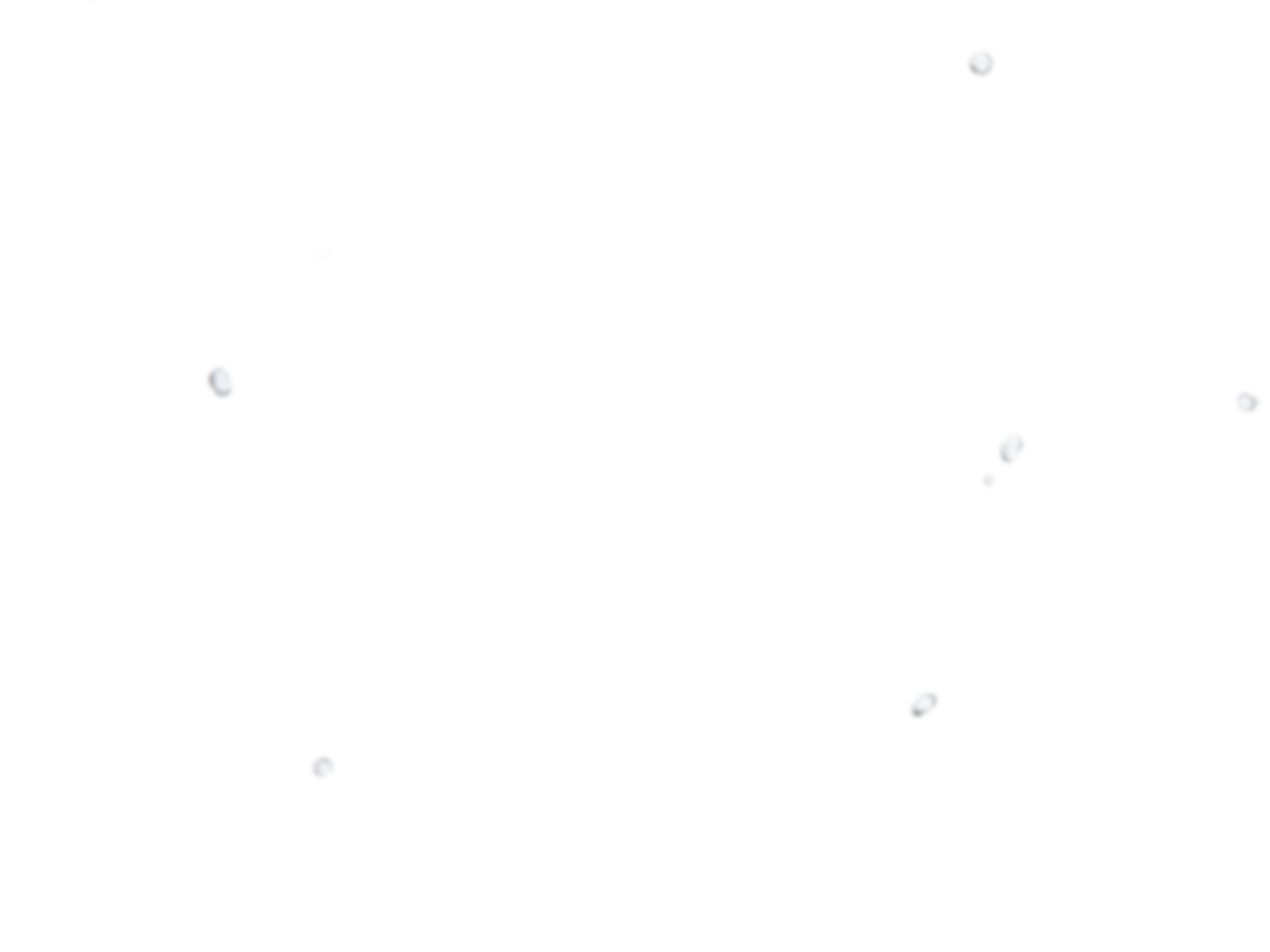-
 Submersible Slurry Pump Applications in Industrial Environments
Submersible Slurry Pump Applications in Industrial Environments
In the industrial sector, the handling and transportation of slurry—a mixture of solids and liquids—pose unique challenges. One tool that has proven effective in addressing these challenges is the Submersible Slurry Pump. Designed to operat...
Read More + -
 Submersible Grinder Pump is Widely Used
Submersible Grinder Pump is Widely Used
In the realm of wastewater management and plumbing, the Submersible Grinder Pump has emerged as a crucial tool for handling and transporting solid waste. This type of pump is designed to operate underwater, making it ideal for various appli...
Read More + -
 Unveiling the New 150KBS411 Submersible Slurry Pump: Redefining Efficiency Standards
Unveiling the New 150KBS411 Submersible Slurry Pump: Redefining Efficiency Standards
Dear customer: We are delighted to introduce our new product, the 150KBS411 submersible slurry pump. This product, with its outstanding performance, is suitable for a wide range of complex scenarios. Application mines, quarries, coal mines...
Read More + -
 Dewatering Pump Plays an Important Role in Water Management
Dewatering Pump Plays an Important Role in Water Management
In the realm of water management, dewatering pumps have become indispensable tools for various industries and applications. These pumps are designed to remove excess water from areas where it is not wanted, such as construction sites, mines...
Read More +




Product Series
We are a professional China Submersible Sewage Pump with Grinder manufacturer and Submersible Sewage Pump with Grinder factory enterprise integrating development, production, and marketing. Founded in 1995, since its establishment, it has only focused on one thing - pump manufacturing. The geographical location is Dayangcheng Industrial Zone, Daxi Town, Wenling City, Zhejiang Province, China. We have been adhering to the business philosophy of "people-oriented, winning the market with quality", and wholeheartedly provide customers with high-tech, high-quality, humanized products and services.
View More
We are a professional water pump enterprise integrating development, production, and sales. Keep up to date with our latest industry trends and company updates by reading the news.
Advantages of Submersible Grinder Pumps
A submersible grinder pump is a specialized pump designed for handling sewage and wastewater containing larger solids or fibrous materials that can clog traditional sewage pumps. Unlike regular submersible pumps, grinder pumps are equipped with a grinding mechanism that shreds solids into smaller pieces before pumping, which allows for smoother passage through pipes and reduces the risk of blockages.
Key components of a submersible grinder pump include a motor, grinder assembly, impeller, and sealed waterproof housing. The motor drives the impeller and grinder assembly, which is equipped with rotating blades or cutting edges. As wastewater enters the pump, solids are chopped and ground into smaller particles by the grinder mechanism. The impeller then pumps the ground wastewater through the discharge pipe to a sewage system or treatment facility.
Submersible grinder pumps are commonly used in residential and commercial applications where sewage and wastewater may contain debris such as sanitary wipes, diapers, and other non-biodegradable items. These pumps are particularly effective in low-pressure sewage systems, including underground sewage systems and septic tanks, where maintaining flow and preventing clogs is critical.
The construction of submersible grinder pumps is robust enough to withstand the harsh conditions of sewage and wastewater environments. Materials such as cast iron, stainless steel, and hardened thermoplastics are used to ensure durability and resistance to corrosion. Advanced sealing technologies prevent leaks and protect internal components from damage, extending the operational lifespan of the pump.
Applications of submersible grinder pumps include residential sewage systems, small-scale sewage treatment plants, and commercial buildings such as restaurants and shopping centers. In residential settings, grinder pumps are installed in basement bathrooms or below-ground sewage pits to effectively handle household wastewater containing solids. In commercial environments, these pumps manage higher volumes of sewage and wastewater with varying degrees of solid content.
Submersible grinder pumps play a crucial role in effectively managing sewage and wastewater containing solids and fibrous materials. Their grinding capability, coupled with durability and reliability, makes them indispensable in modern sewage systems and treatment facilities.
Features of Submersible Sewage Grinder Pumps
A submersible sewage grinder pump is an advanced type of pump designed specifically to handle sewage and wastewater that contains larger solids and tough materials. This specialized pump integrates grinding mechanisms within the pump housing to break down solids into smaller particles before pumping, ensuring efficient and reliable operation in sewage systems.
Key components of a submersible sewage grinder pump include a motor, grinder assembly, impeller, and a sealed waterproof enclosure. The motor drives both the impeller for pumping and the grinder assembly, which features rotating blades or cutting elements. As sewage enters the pump, the grinder mechanism shreds and chops solid materials, such as rags, plastics, and organic debris, into finer particles. The impeller then moves the ground sewage through the discharge pipe to a treatment facility or collection system.
The design of submersible sewage grinder pumps is tailored to withstand the abrasive and corrosive nature of sewage and wastewater. Materials such as stainless steel, cast iron, and hardened alloys are used to ensure durability and resistance to wear. Special seals and protective coatings further enhance the pump's reliability and longevity in demanding environments.
Submersible sewage grinder pumps find applications in various settings, including residential complexes, commercial buildings, and municipal sewage systems. In residential areas, these pumps are commonly installed in basements or underground pits to handle household sewage efficiently, especially in areas prone to sewage backups or where gravity-based systems are insufficient. In commercial and municipal facilities, grinder pumps manage larger volumes of sewage with higher concentrations of solids, ensuring continuous operation and preventing system blockages.
The advantages of submersible sewage grinder pumps include their ability to reduce clogs, small maintenance costs, and improve overall system reliability. By grinding solids into smaller particles, these pumps enhance the efficiency of sewage treatment processes and reduce the risk of sewer line blockages and overflows.



 English
English русский
русский عربى
عربى








